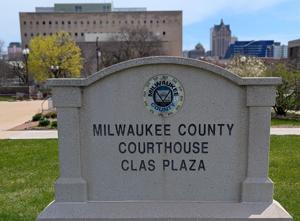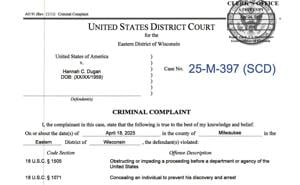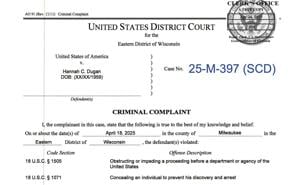If you're driving down Brown Street in Oconomowoc, it's hard to miss the bright red, antique pickup truck permanently parked on the side of the road. Sitting behind its wheel is none other than a sparkly, plush alien. It's a sight to behold and a good indicator of how...
















